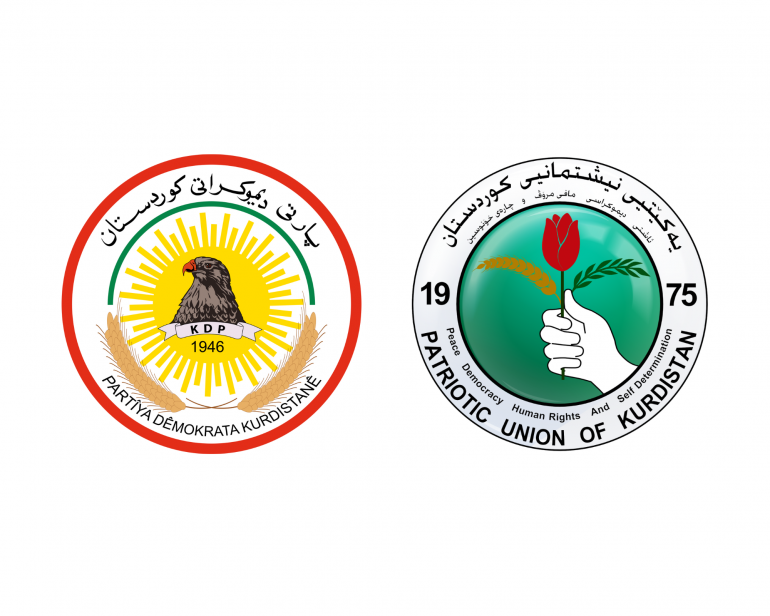In response to supposed allegations by NRT Kurdish, the KRG is launching a legal challenge. NRT Kurdish is reported to have claimed that the Prime Minister was planning to invest $100 million in a new television station, according to Kurdistan24 (K24).
K24, itself an outlet reported to have close ties with the Prime Minister, has reported that the KRG is vehemently denying these accusations. They cite a government source stating the claims are baseless, viewing them as a product of the channel owner's imagination.
In an effort to uncover the truth behind these allegations, the KRG is not only denying the claims but also turning the tables on NRT. The KRG is said to be pushing for a legal investigation into NRT's own funding sources.
The KRG is reportedly seeking to compel the disclosure of NRT's funding sources as part of this legal action. The move comes amid allegations that NRT's has costs ranging in 'millions of dollars'.
Article 14
Kurdistan Region expresses concern over proposed budget vote on Saturday
Kurdistan Region apprehensions
Draw's report outlines an outlandish but quintessentially Gorran scenario in which one Gorran member would back the KDP while the other would oppose it, thereby satisfying both sides— the story of the former opposition party’s life as it tries to haplessly please both of its senior coalition partners.
Morning briefing
- The PUK continues to strongly oppose the 'reactivation' of Kurdistan's electoral commission. This stance persists even after the new 'law' was published in the Chronicle of Kurdistan. They maintain their skepticism, stating that it would still be deemed a farce, even if it were published in the US's Federal Register.
- Emerging reports suggest that the KDP may face challenges in reaching a quorum in the electoral commission. This issue is predicted to arise if the Gorran and Islamic Union commissioners decide to join the PUK in boycotting it.
- The KRG's Ministry of Culture has published a draconian set of rules regulating free expression.
- Iraq's federal parliament is finally due to vote on the budget bill this Saturday after months of glacial progress.











